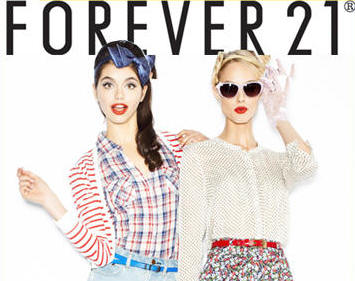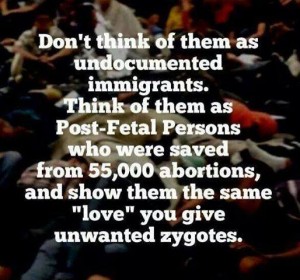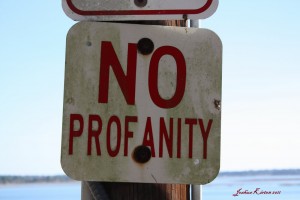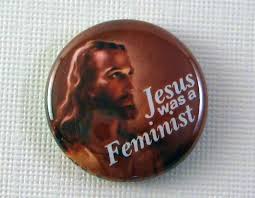 Photo credit: http://traduzioniclick.it
Photo credit: http://traduzioniclick.it
As I write this, I am returning from Germany, where I’ve had the pleasure of teaching a short course at the University of Hannover. When I wasn’t teaching this past week, I spent some time doing what most tourists do: wandering the city looking for trinkets to bring back to my family. When I asked my students where I should look for some gifts, most did the equivalent of rolling their eyes while telling me there was nowhere cool in Hannover to go (one student, in particular, humorously – and yet repeatedly – directed me to Berlin). But despite the fact that I was armed with a good map, a subway ticket, and directions to the shopping district, my task ended up much harder than I thought it would be. Continue reading “I’m Just Here for the T-Shirt”

 Photo credit: thevalueengineers.com
Photo credit: thevalueengineers.com
 Photo credit:
Photo credit:  Photo credit: africasacountry.com
Photo credit: africasacountry.com

 Photo credit: stoptalk.wordpress.com
Photo credit: stoptalk.wordpress.com
 More than two decades after its release, I doubt that there are few in the movie-watching public who haven’t heard of Schindler’s List (1993), that now-famous film directed by Steven Spielberg that confronted audiences with what was marketed as the Holocaust in cinematic form. In the film, Oskar Schindler is a Nazi businessman whose already tenuous allegiance to the Third Reich weakens as his compassion and humanization of the Jews around him grows. The plot line revolves around the story of Schindler’s efforts to save as many Jews from death as possible, a feat accomplished when Schindler compiles a list of Jews whose survival (as his employees) he links to the health of his business.
More than two decades after its release, I doubt that there are few in the movie-watching public who haven’t heard of Schindler’s List (1993), that now-famous film directed by Steven Spielberg that confronted audiences with what was marketed as the Holocaust in cinematic form. In the film, Oskar Schindler is a Nazi businessman whose already tenuous allegiance to the Third Reich weakens as his compassion and humanization of the Jews around him grows. The plot line revolves around the story of Schindler’s efforts to save as many Jews from death as possible, a feat accomplished when Schindler compiles a list of Jews whose survival (as his employees) he links to the health of his business.